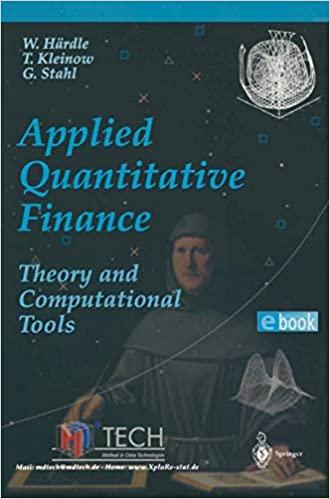Question
Many companies listed on the Hong Kong Stock Exchange are family firms with a minority of the voting shares available to the public. Under the
Many companies listed on the Hong Kong Stock Exchange are family firms with a minority of the voting shares available to the public. Under the Listing Rules of the Stock Exchange, public companies must have a minimum of three INEDs on the board, at least one of whom must have professional qualifications in accounting or financial management expertise. LTN Manufacturing was a typical case. Founded by K. L. Lee in the 1970s, the company started as a furniture maker in the Wan Chai district of Hong Kong, but over the years had developed into a significant shop-fitting business and supplier of stands for exhibitions. Mr. Lee, who was the major shareholder and chair/managing director, had a paternalistic management style and continued to play a hands-on role in the day-to-day management. The Lee family held 59 percent of the voting shares, the balance being held by international and local institutional investors and Hong Kong people. Terry, Tam Tat Sing, joined the company in 2002 as an internal auditor, reporting to Mr. Lee. Terry had trained with one of the Big Five accounting firms and was a member of the Hong Kong Institute of Certified Public Accountants (HKICPA). To his surprise, Terry received an anonymous letter, alleging that the head of the purchasing department had incorporated a company, which was invoicing LTN with goods that were not being supplied. The head of the purchasing department, K. K. Poon, was an executive director of the company. He was also married to Mr. Lees sister. However, Terry knew that if these allegations were true, this was a serious situation, and as an internal auditor, he needed to investigate. With the help of his staff, Terry began checking the goods-inwards records with invoices. After a while, it became clear a company was being paid for goods that had not been delivered. All the invoices from this company had been approved by Mr. Poon but entries in the goods-inwards records were missing. Terry traced the fraudulent payments for the past two years and had a colleague double-check his figures. Now, what should he do? He wrote a confidential report to Mr. Lee, explaining the situation, suggesting that it was serious and should be referred to the board of directors, including the INEDs, for a decision on the appropriate action to be taken. Alternatively, he proposed that the independent external auditors or the firms lawyers should be notified. Terry was surprised at his managing directors reaction. Lee defended Poon, accused Terry of acting without proper authority, and said he had been over-zealous. Lee said: You should have referred the anonymous letter to me immediately. I would then have decided how to react. Remember this is a family business. My family and I own most of the shares and we decide how to treat issues like this. Personally, I ignore people who write anonymously. Clearly, they lack the courage of their convictions. It must have been somebody in the company. I want you to find out who it is, tell me, and Ill make sure they dont cause any more trouble. Lee went on to say that he did not want the matter taken any further and certainly not referred to the board. He said: Mr Poon has worked for this company for many years and is a respected member of staff, and of my family. I have studied your report in detail and, in fact, the amounts involved are not significant. There is no need to involve the board at all in any of this. As a trusted employee, Terry did as he was told: he did not involve the board, he did not inform the auditors or the lawyers, neither did he seek the advice of his professional organization, the HKICPA. Instead, as instructed, he began an inquiry into all the employees who could possibly have known about the alleged fraud. And he found the whistleblower. Under cross-examination, she admitted to writing the letter. Now, what should Terry do? He gave the details to Mr. Lee, who said that the company wanted to keep the matter private and that the whistleblower should be offered a substantial payment if she resigned from the company, has signed an agreement not to disclose the matter to anyone.
1. Why did the whistleblower make the original claim?
2. Did Terry do the right thing in just informing Mr. Lee? 3. What should Terry do, if anything, about Mr. Lees decision to pay off the whistleblower?
Step by Step Solution
There are 3 Steps involved in it
Step: 1

Get Instant Access to Expert-Tailored Solutions
See step-by-step solutions with expert insights and AI powered tools for academic success
Step: 2

Step: 3

Ace Your Homework with AI
Get the answers you need in no time with our AI-driven, step-by-step assistance
Get Started


